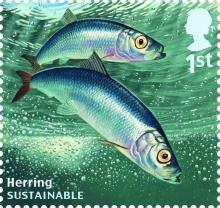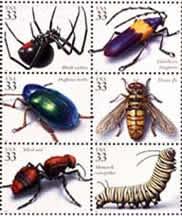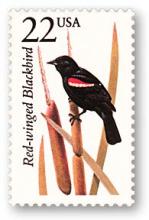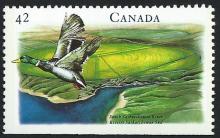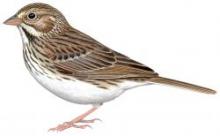More than 20000 dead sea creatures wash ashore in Nova Scotia
"Dead or dying herring found on shore should not be collected, consumed or used by the public for any reason, as a variety of factors could affect the food safety of fish, such as toxins, diseases or environmental contaminants", warned the Canadian Food Inspection Agency and the Department of Fisheries and Oceans in a statement. Officials are now testing for pesticide content and checking water oxygen levels, in hopes of getting to the bottom of the situation.

